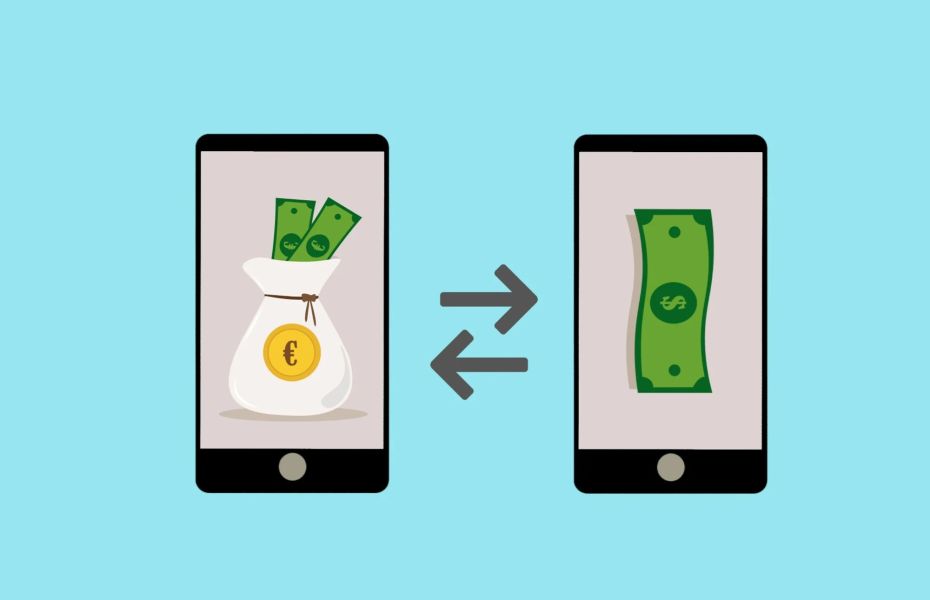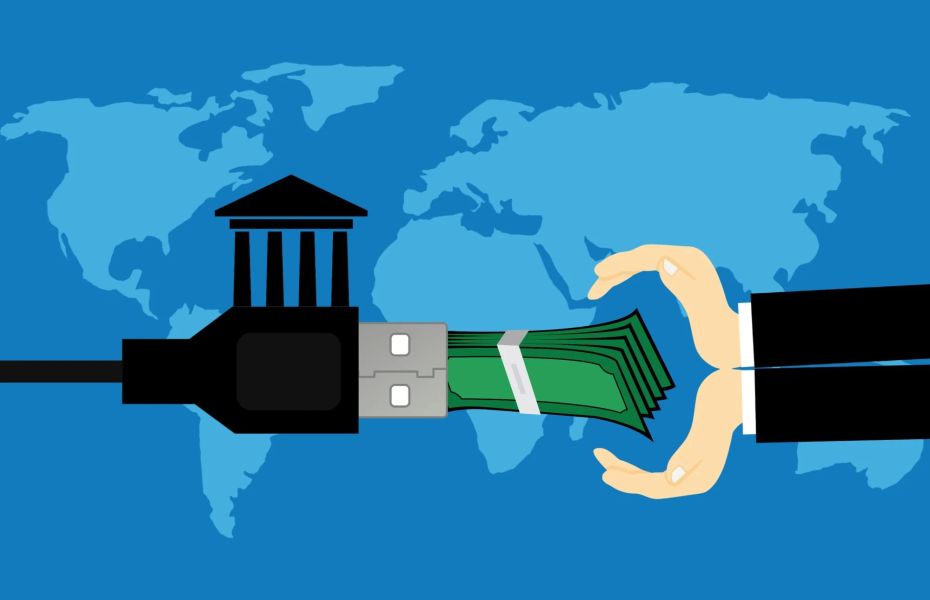In our increasingly globalized world, international money transfers are a vital service for individuals and businesses alike. Whether you’re sending money to family overseas, paying for international goods, or managing cross-border business transactions, ensuring a seamless transfer process is crucial. However, the complexities of international money transfers can sometimes be overwhelming. This guide explores practical steps and tips to make transferring money internationally as smooth and efficient as possible.

Understand the Basics of International Money Transfers
Before delving into specific strategies, it’s important to understand how international money transfers work. These transfers involve moving funds from one country to another, often requiring currency conversion. Various financial institutions and service providers facilitate this process, including banks, online payment platforms, and specialized money transfer services.
The transfer process generally involves:
- Sending funds through a financial institution or platform
- Currency conversion based on the current exchange rate
- Receiving the funds in the recipient’s account or a designated location
Each step may incur fees or involve delays, so choosing the right method is essential for a seamless experience.
Choose the Right Money Transfer Provider
Selecting the right provider is one of the most critical decisions when sending money internationally. The market is filled with various options, each offering unique features, costs, and speeds. Key factors to consider include:
Fees and Exchange Rates Different providers charge varying fees and offer different exchange rates. Compare options to find a provider that offers competitive rates and minimal fees. For instance, some services charge flat fees, while others impose percentage-based fees.
Transfer Speed The time it takes for money to reach the recipient can vary from a few minutes to several days. If you’re sending money urgently, prioritize providers that offer faster transfer speeds.
Accessibility Ensure the provider offers services in both the sending and receiving countries. Some providers have limited coverage, so verify availability in your desired locations.
Security Choose a reputable provider with robust security measures to protect your funds and personal information.
Understand Exchange Rates and Conversion Fees
Currency conversion is a key component of international money transfers. Exchange rates fluctuate based on global market conditions, and providers often apply a markup to the rate as part of their fees.
Understanding this markup is essential to avoid hidden costs. For example, if you’re exploring how to send money to Jamaica, or elsewhere, ensure the provider offers a favorable exchange rate for converting your currency. Some platforms display the exact amount the recipient will receive, making it easier to compare options and avoid surprises.
Leverage Online Money Transfer Platforms
Online money transfer platforms have revolutionized the process of sending money internationally. These platforms, such as PayPal, Wise, and Xoom, offer user-friendly interfaces and competitive rates. Benefits of using online platforms include:
- Convenience: Transfers can be initiated from anywhere with an internet connection.
- Speed: Many online platforms process transfers within minutes or hours.
- Transparency: Fees and exchange rates are displayed upfront, ensuring clarity.
While online platforms are convenient, they may not always be the most cost-effective option for larger transfers. Evaluate your specific needs to determine whether an online platform is the best choice.
Use Mobile Apps for Added Convenience
Mobile apps from banks and money transfer services add another layer of convenience to international transfers. These apps allow users to initiate transfers, track transactions, and receive notifications on the go. Features such as biometric authentication enhance security, making mobile apps a popular choice for modern money transfers.
Explore Peer-to-Peer Transfer Services
Peer-to-peer (P2P) transfer services are gaining popularity for their low fees and competitive exchange rates. Platforms like Wise (formerly TransferWise) and Payoneer connect users directly, bypassing traditional banking intermediaries. This approach often results in faster and more affordable transfers.
P2P services are particularly useful for smaller transactions or for individuals who frequently send money abroad. However, they may not be suitable for larger transfers or transactions requiring extensive customer support.
Verify Recipient Details
Ensuring the accuracy of recipient information is crucial for a seamless money transfer. Double-check details such as:
- Recipient’s full name
- Bank account number and routing number (if applicable)
- SWIFT/BIC code
- Local identification or contact information (for cash pickups)
Errors in recipient details can lead to delays, additional fees, or even failed transactions. Taking the time to verify this information minimizes the risk of complications.
Opt for Scheduled Transfers
If you frequently send money to the same recipient, consider scheduling regular transfers. Many providers offer this feature, allowing you to automate payments at specific intervals. Scheduled transfers save time, reduce the risk of missing deadlines, and often come with discounted fees.
Monitor Transaction Status
After initiating a transfer, monitoring its status provides peace of mind and allows you to address any issues promptly. Most providers offer tracking features through their websites or apps, enabling you to check the progress of your transfer in real-time.
If there are delays or issues, contact the provider’s customer support immediately to resolve the situation.
Be Aware of Local Regulations and Limits
International money transfers are subject to regulations in both the sending and receiving countries. These regulations may include limits on the amount you can send, reporting requirements, or additional taxes. Familiarize yourself with these rules to avoid unexpected challenges.
For example, some countries require recipients to provide identification when collecting funds. Ensure the recipient is aware of such requirements to prevent delays.
Prioritize Security Measures
Protecting your personal and financial information is paramount when sending money internationally. To ensure security:
- Use trusted providers with robust encryption and fraud detection measures.
- Avoid sharing sensitive information over unsecured networks.
- Enable two-factor authentication (2FA) for added protection.
By prioritizing security, you can reduce the risk of fraud and ensure your money reaches its intended destination safely.

International money transfers don’t have to be complicated or stressful. By understanding the basics, choosing the right provider, and leveraging technology, you can make the process seamless and efficient. Whether you’re exploring how to transfer money to Jamaica or transferring funds to another part of the world, following these tips ensures a smooth experience. With the right approach, international money transfers become a simple and secure part of your global financial interactions.

Founder Dinis Guarda
IntelligentHQ Your New Business Network.
IntelligentHQ is a Business network and an expert source for finance, capital markets and intelligence for thousands of global business professionals, startups, and companies.
We exist at the point of intersection between technology, social media, finance and innovation.
IntelligentHQ leverages innovation and scale of social digital technology, analytics, news, and distribution to create an unparalleled, full digital medium and social business networks spectrum.
IntelligentHQ is working hard, to become a trusted, and indispensable source of business news and analytics, within financial services and its associated supply chains and ecosystems





























